Passover
Passover is a major Jewish holiday that commemorates the Israelites' liberation from slavery in ancient Egypt. It is observed for seven or eight days, depending on the tradition, and is celebrated with a special meal called the Seder.
History
The story of Passover is found in the biblical book of Exodus. According to the story, the Israelites were enslaved in Egypt, and God sent ten plagues to convince the Pharaoh to release them. The tenth and final plague was the death of the firstborn sons of the Egyptians. In order to protect themselves from this plague, the Israelites were instructed to mark their doorposts with the blood of a lamb. When the angel of death saw the blood, it "passed over" those homes, sparing the Israelite children. This event led to the freedom of the Israelites from slavery, and Passover commemorates this miraculous deliverance.
Observances
Passover is observed with a number of rituals and traditions, including the removal of leavened bread (chametz) from the home, the retelling of the story of the Exodus at the Seder meal, and the consumption of symbolic foods such as matzah (unleavened bread) and bitter herbs. The Seder plate contains these symbolic foods, each of which represents an aspect of the Exodus story.
Study Guide
- What is the significance of Passover in Jewish tradition?
- Where is the story of Passover found?
- What was the final plague that led to the Israelites' liberation?
- What are some of the traditional observances of Passover?
- What are the symbolic foods on the Seder plate, and what do they represent?
◂Social Studies Worksheets and Study Guides Third Grade. World Holidays
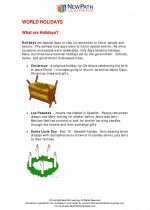
 Study Guide
Study Guide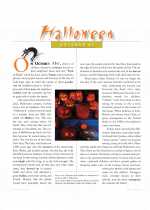
 Study Guide
Study Guide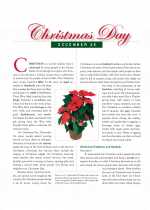
 Study Guide
Study Guide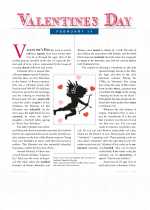
 Study Guide
Study Guide
 Study Guide
Study Guide
 Study Guide
Study Guide
 Study Guide
Study Guide
 Study Guide
Study Guide
 Worksheet/Answer key
Worksheet/Answer key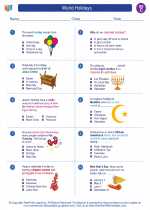
 Worksheet/Answer key
Worksheet/Answer key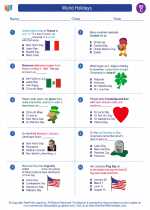
 Worksheet/Answer key
Worksheet/Answer key
 Worksheet/Answer key
Worksheet/Answer key
 Worksheet/Answer key
Worksheet/Answer key
